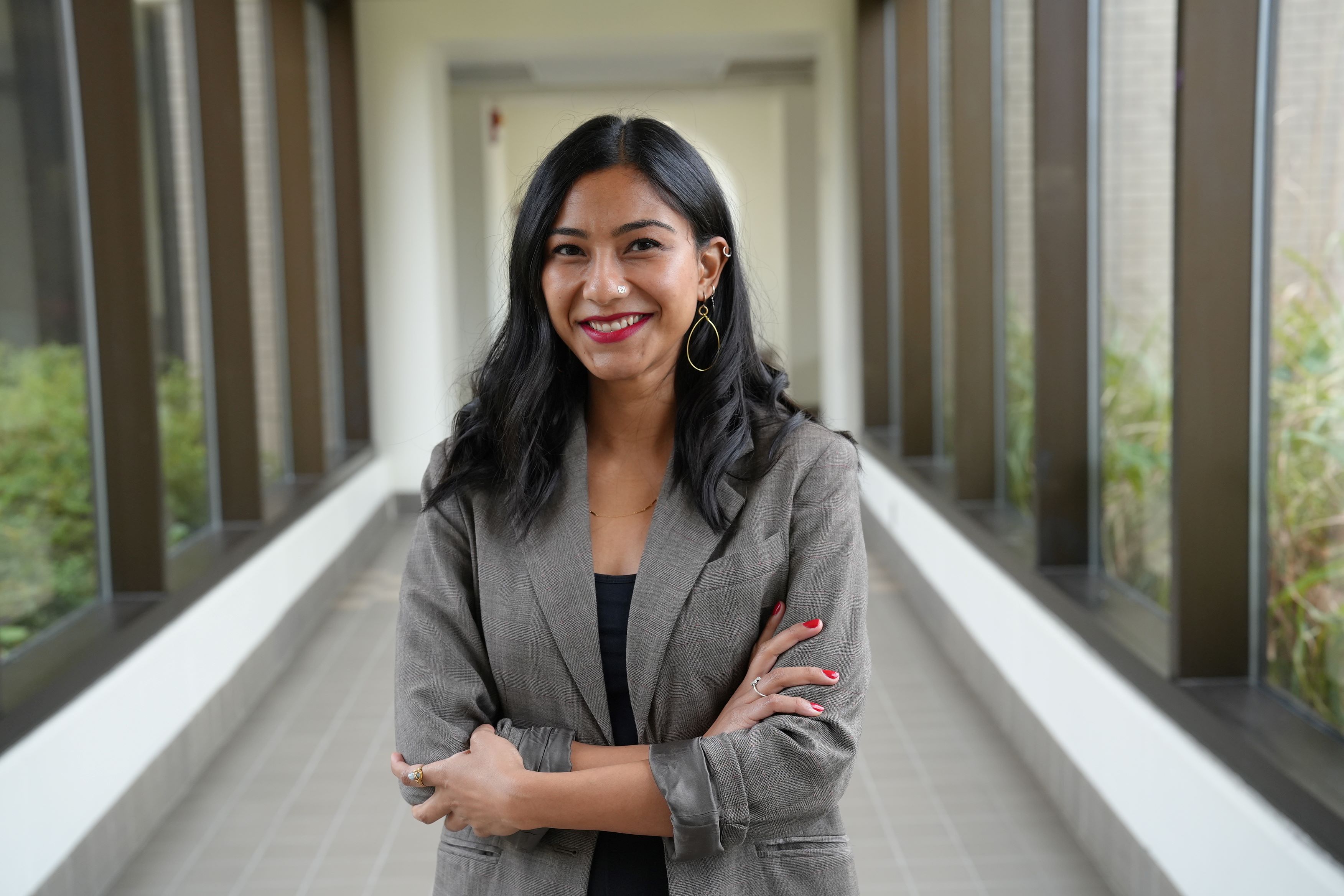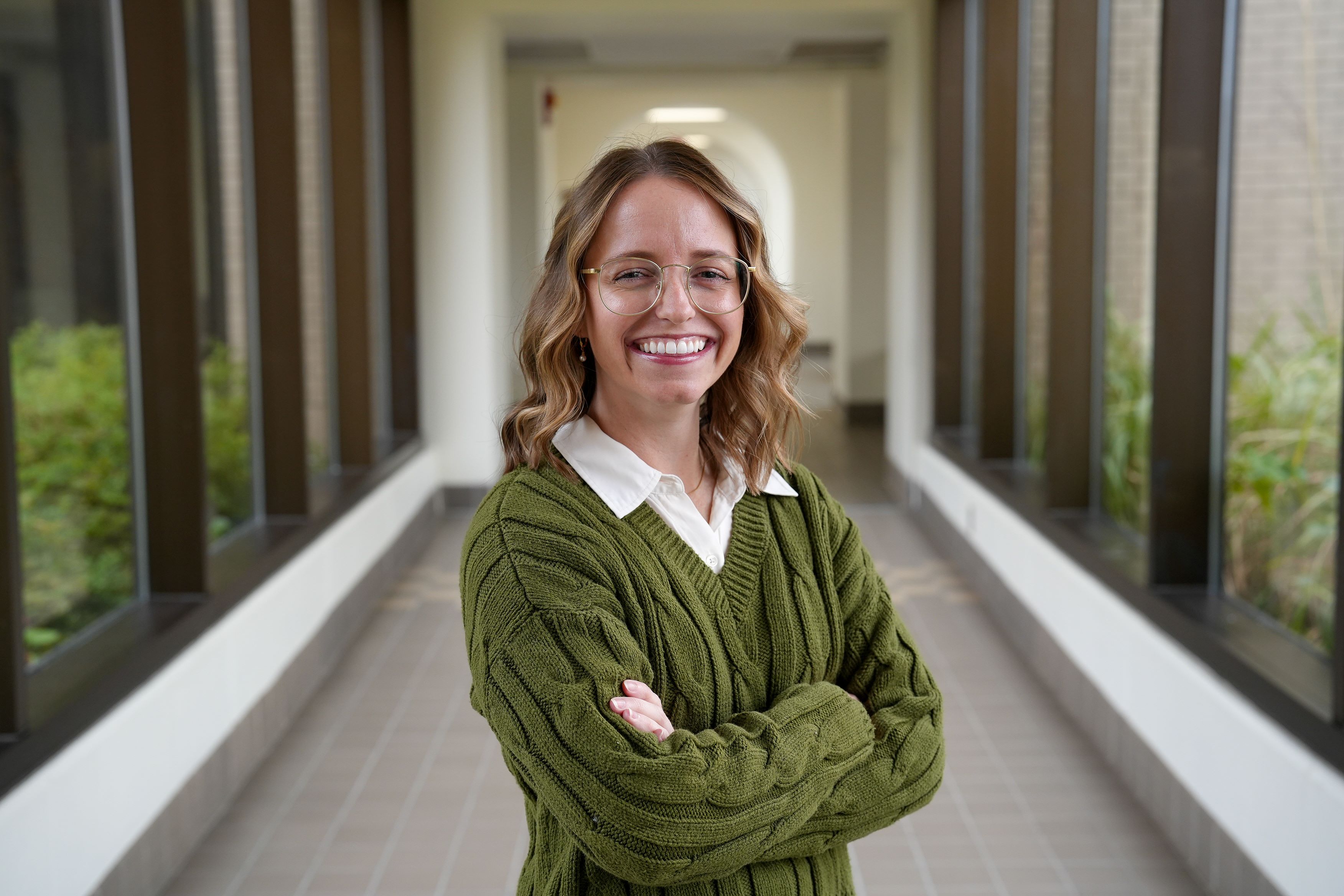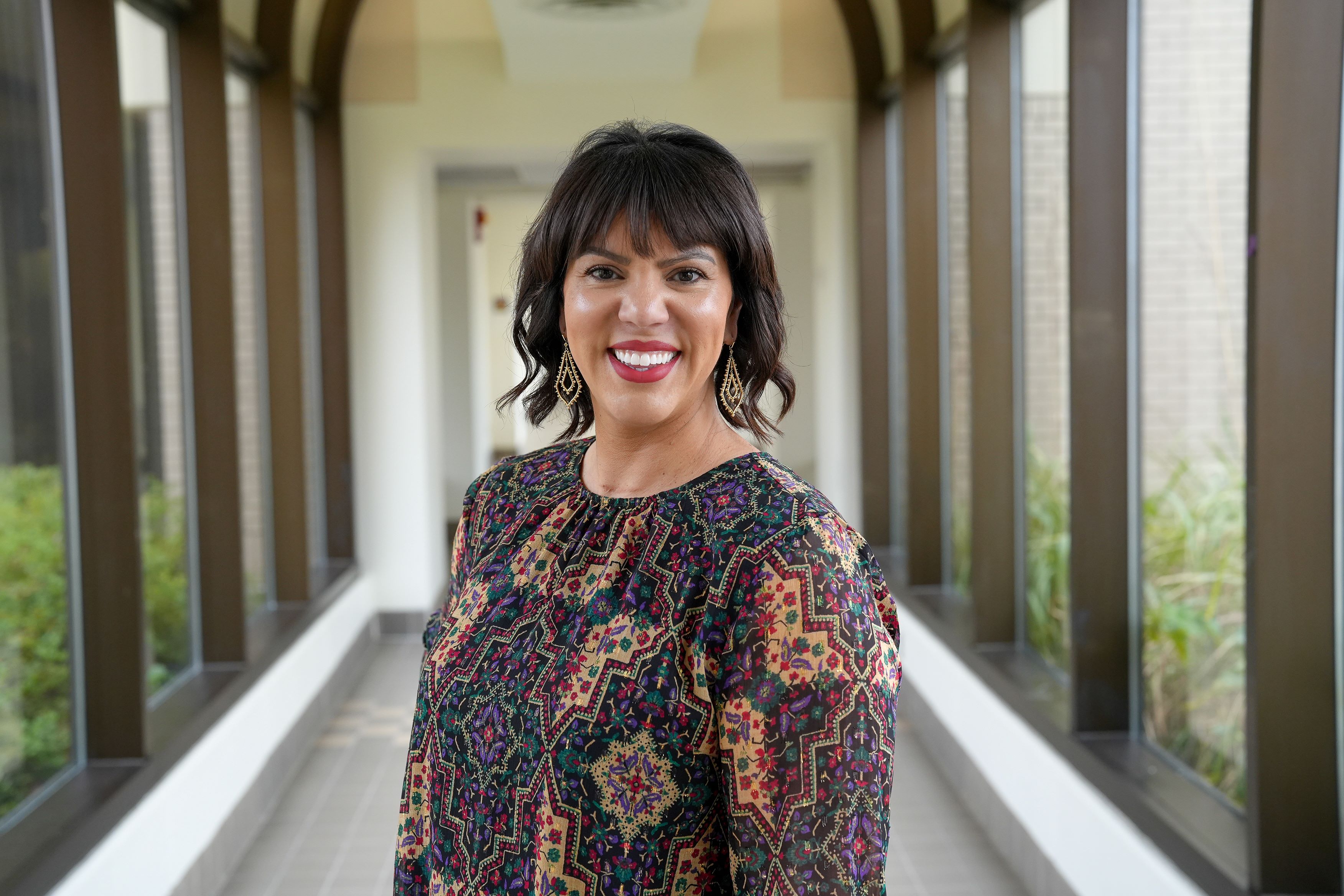ICED Experiences
Dr. Forbush
What did you present?
I was a co-presenter on several projects, including a project on preferred weight terms (led by Emily Like and Anjali Sharma), a talk on compensatory eating disorder and another talk on the Help for Overcoming Problem Eating (HOPE) app led by Sonakshi Negi, and a talk led by Mari Thomeczek on body image in African American and Afro-Caribbean individuals in the perinatal period.
A brief takeaway or highlight — What stood out to you?
I had a great time meeting one of my research heroes, Dr. Michael Levine, who helps our field by creating and disseminating research through his “tiny letter.” It was wonderful meeting him and hearing about his perspectives on our field and seeing how much hope he has for the future of eating disorders research.
A fun or personal note — A favorite moment, a cool location visited, or something you learned outside of sessions
I really enjoyed the beautiful atmosphere of the River Walk. The weather was great for our visit and the lab enjoyed a business meeting over lunch at a fun local spot.
 Sonakshi
Sonakshi
What did you present?
I had two talks at ICED this year. First, I was invited to be a panelist for the Assessment and Diagnosis Special Interest Group symposium titled “How do we make sense of OSFED?: Insights, Limitations, and Future Directions.” In this panel symposium alongside experts in the field, I presented my research on preliminary examination of Compensatory Eating Disorder – a newly identified eating disorder – to discuss the reliability and validity of this new diagnostic category. Second, I also gave a talk on a promising new single-session mobile-health application designed to treat binge eating in college students that I created and tested called, “Help for Overcoming Problem Eating” or HOPE.
A brief takeaway or highlight — What stood out to you?
This was probably my favorite ICED I have attended to date. I loved all the paper sessions and panels that discussed how to leverage technology to make eating disorder care more accessible. Making treatments scalable and accessible is a big passion area for me, and I learned many useful ways to continue this line of work.
A fun or personal note — A favorite moment, a cool location visited, or something you learned outside of sessions
I also met many senior scientists in the field, which was such a cool experience. The state of science has felt unwieldy this year. Meeting brilliant and compassionate leaders in the field was a great reminder of the progress we have made as a field over the last few decades and encouraged me to continue to build upon this progress.
 Dr. Bottera
Dr. Bottera
At ICED 2025, I co-led a workshop with Drs. Kara Christensen Pacella and Kyle De Young titled "Treating Insomnia in Clients with Eating Disorders: When, How, and Why." I also co-authored several presentations, including: (1) a talk by CARE graduate student Sonakshi Negi on Compensatory Eating Disorder in US veterans as part of the OSFED panel; and (2) a presentation by CARE coordinators (soon-to-be CARE graduate students) Emily Like and Anjali Sharma on body terminology preferences across gender groups and levels of internalized weight bias. A standout moment for me was the rich discussion following the OSFED panel on future directions for DSM-6 diagnostic criteria. On a personal note, returning to San Antonio—where I completed my undergraduate education at Trinity University—was nostalgic, and I loved connecting with friends, mentors, and collaborators over coffee and meals in my old stomping ground. To top it all off, I visited Trinity’s campus to reminisce on where my passion for eating disorder research started!
